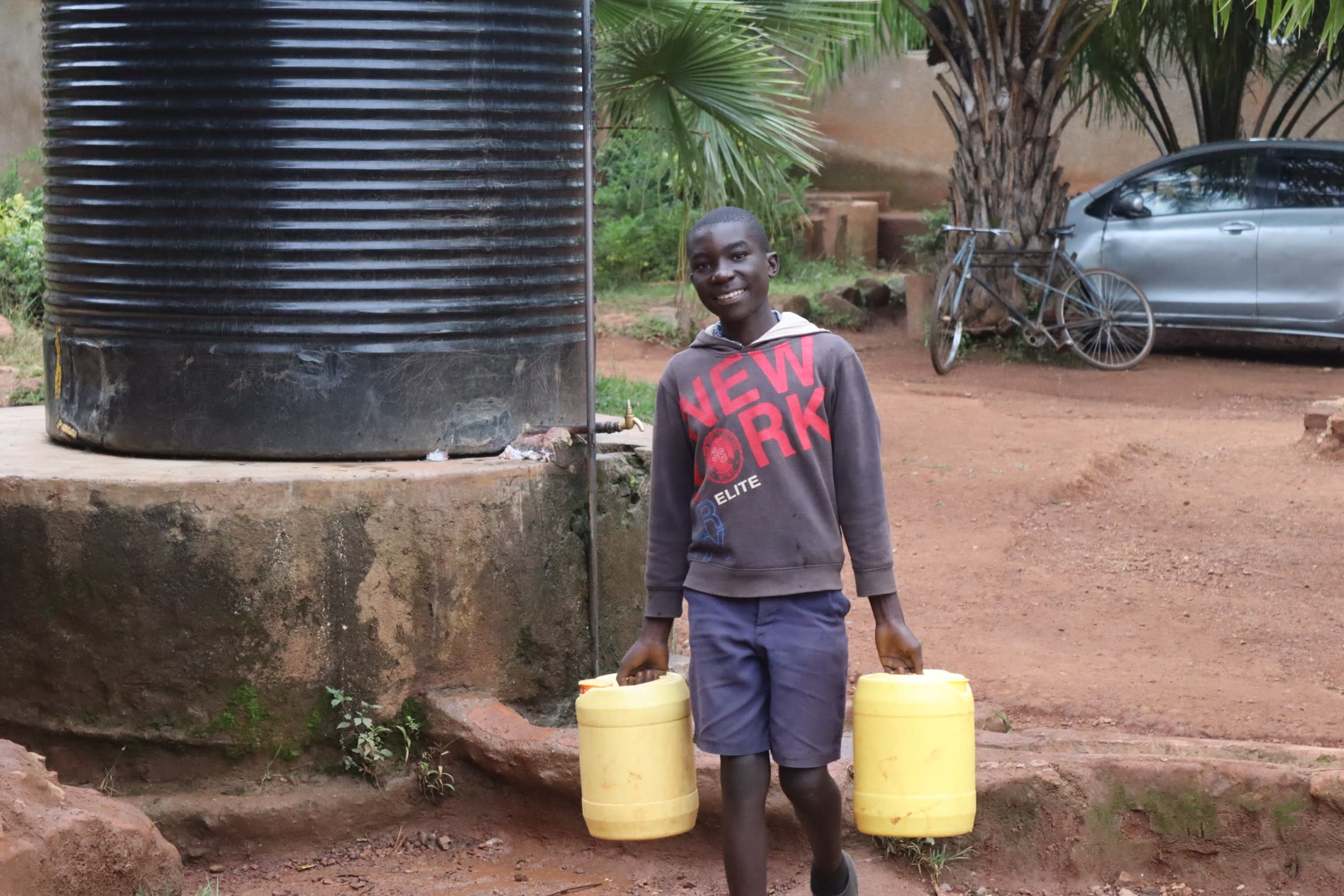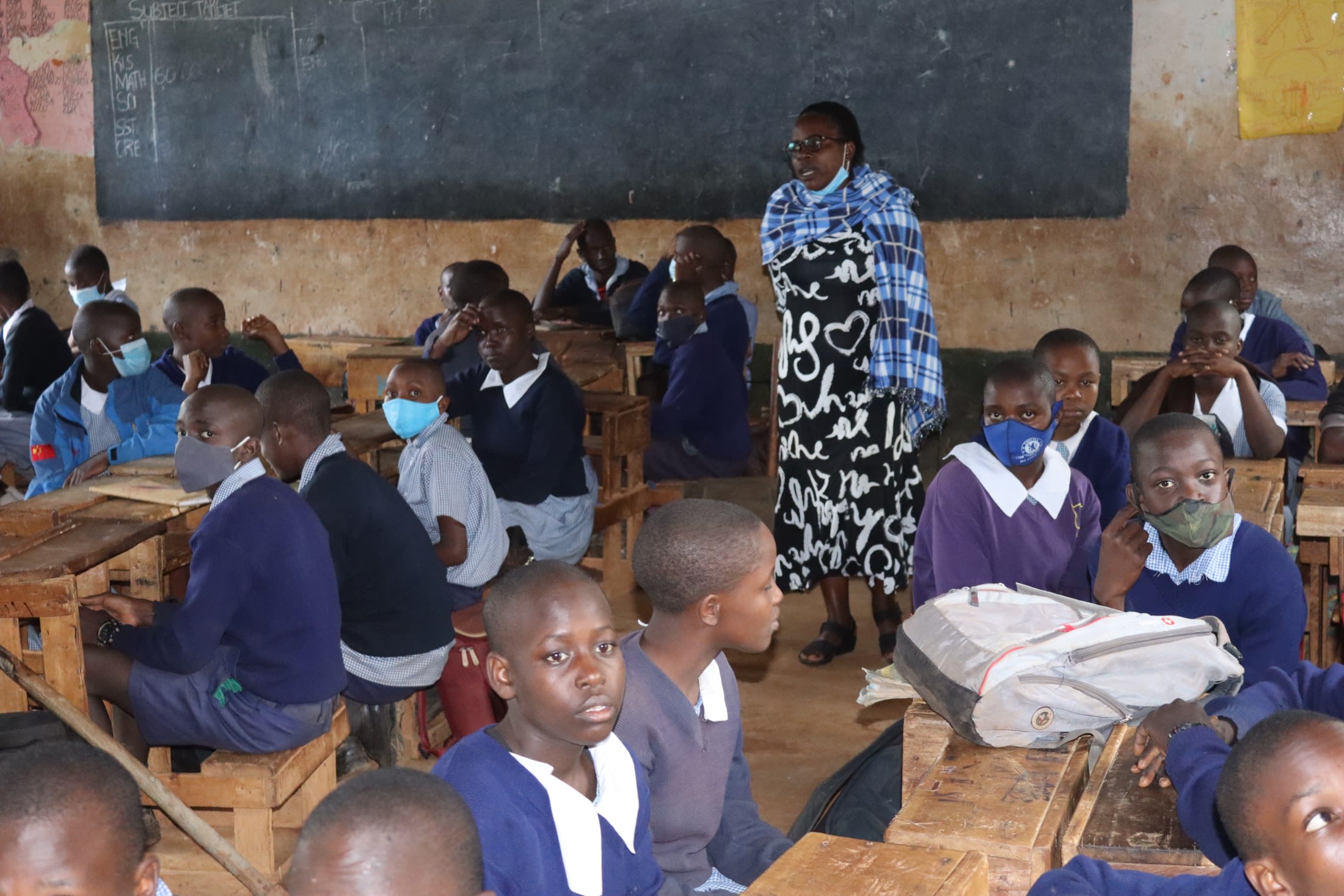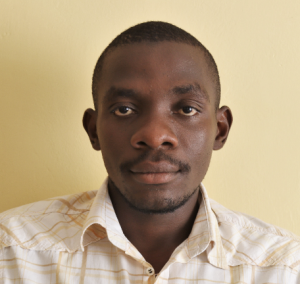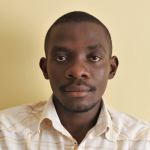Kilimo DEB Primary School currently has 701 students and 16 staff members who rely on two small plastic rainwater tanks (total capacity 4800-liters) to provide its daily water needs. Tanks of this size are grossly insufficient for such a large school population. Therefore, when the tanks do fill, they run dry within a few days, leaving students searching for other water.
Over its 35 years, the school has taken pride in its consistently good performance and ability to attract many students each year, but that is more difficult with an insufficient water source.
Students collect water from an alternative water source, a hand-dug well located at the local health clinic, when the tanks are dry. To do so, pupils must cross a busy road, dodging speeding motorcycles.
Students most often walk to the well early in the morning during their class time, missing valuable learning opportunities. But due to the nature of activities at the health facility, access to the water point is sometimes restricted, leaving the students returning to the school without water.

Student Elijah K. (shown above collecting water) said, "Water is a problem in this school. We are usually sent to the health center to collect water, but sometimes the hospital management denies us access to the water point. This in itself means no water for use and a waste of our precious class time."

Deputy Head Teacher, Arunga Rodah, (shown above in class), said, "My worry has always been sending the students to the health center. What do you tell the parent, your child has gotten [into] a road accident while others are in class? That is the hardest part of my job."
A new borehole will reliably provide clean and safe drinking water within the school grounds, allowing students to return to learning and keeping them safe.
What We Can Do:
New Well
We conducted a hydrogeological survey at this school and the results indicated the water table beneath it is an ideal candidate for a borehole well. Due to a borehole well's unique ability to tap into a safe, year-round water column, it will be poised to serve all of the water needs for this school's large population, even through the dry months.
The school will help collect the needed construction materials such as sand, rocks, and water for mixing cement. They will also provide housing and meals for the work team, in addition to providing local laborers. We will complement their materials by providing an expert team of artisans and drilling professionals, tools, hardware, and the hand-pump. Once finished, water from the well will then be used by the school's students and staff for drinking, handwashing, cooking, cleaning, and much more.
Handwashing Stations
There is currently nowhere for students to wash their hands after using the latrines or before eating lunch, let alone the water to do so.
The student health club will oversee the two new handwashing stations we will provide, and make sure they are kept clean and in working condition. The club leaders will fill the handwashing stations with water daily and make sure they are always supplied with a cleaning agent such as soap or ash.
VIP Latrines
We will construct two triple-door latrine blocks using local materials that the school will help gather. Three doors will serve the girls and three doors will serve the boys. All of these new latrines will have cement floors that are designed to be easy to use and to clean. And with a borehole right on school property, there should be enough water to keep them clean.
Training on Health, Hygiene, COVID-19, and More
We will hold a one-day intensive training session with students, teachers, and parents. This training will cover a wide range of topics including COVID-19 symptoms, transmission routes, and prevention; personal and environmental hygiene; and the operation and maintenance of the borehole, latrines, and handwashing stations. There will be a special emphasis on handwashing.
Our team of facilitators will use a variety of methods to train, including participatory hygiene and sanitation transformation, and asset-based community development. We will initiate a student health club, which will prepare students to lead other pupils into healthy habits at school and at home. We will also lead lectures, group discussions, and provide illustrative handouts to teach health topics and ways to promote good hygiene practices within the school including handwashing and water treatment. We will then conduct a series of follow-up trainings before transitioning to our regularly scheduled support visits throughout the year.
We and the school strongly believe that all of these components will work together to improve standards at this school, which will help lead to better student academic performance and will help unlock the opportunity for these students to live better, healthier lives.

 Borehole Well and Hand Pump
Borehole Well and Hand Pump
 Rehabilitation Project
Rehabilitation Project







































